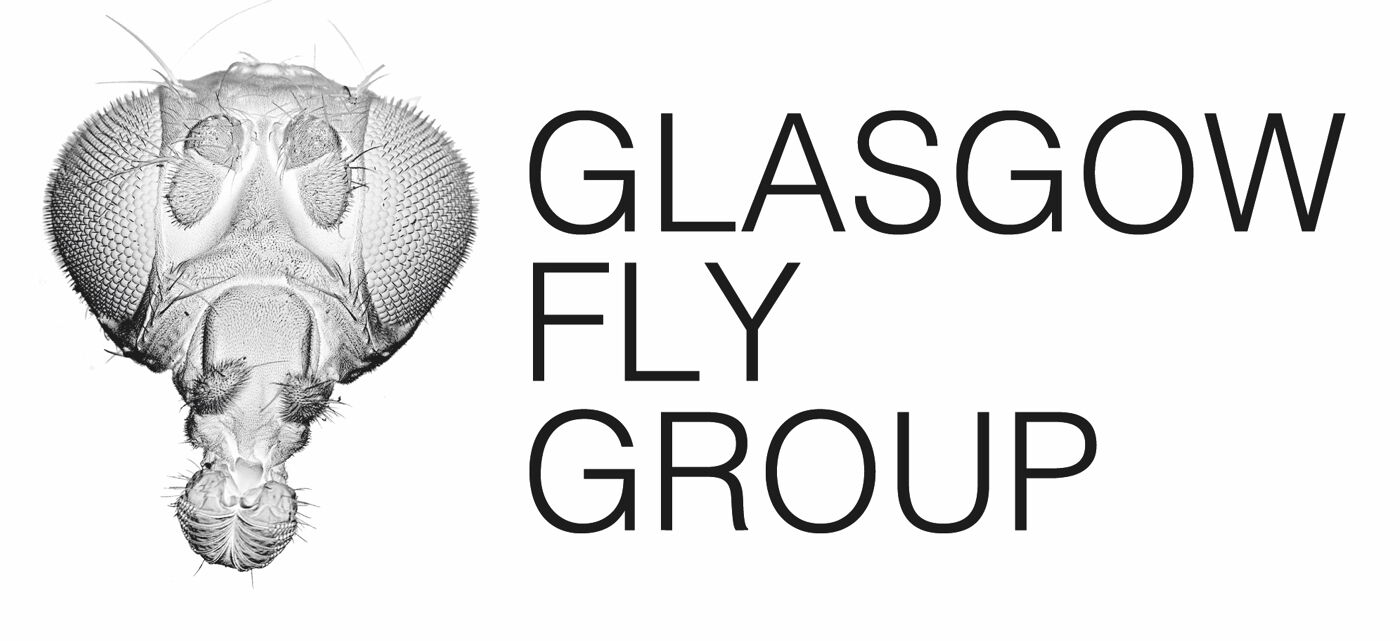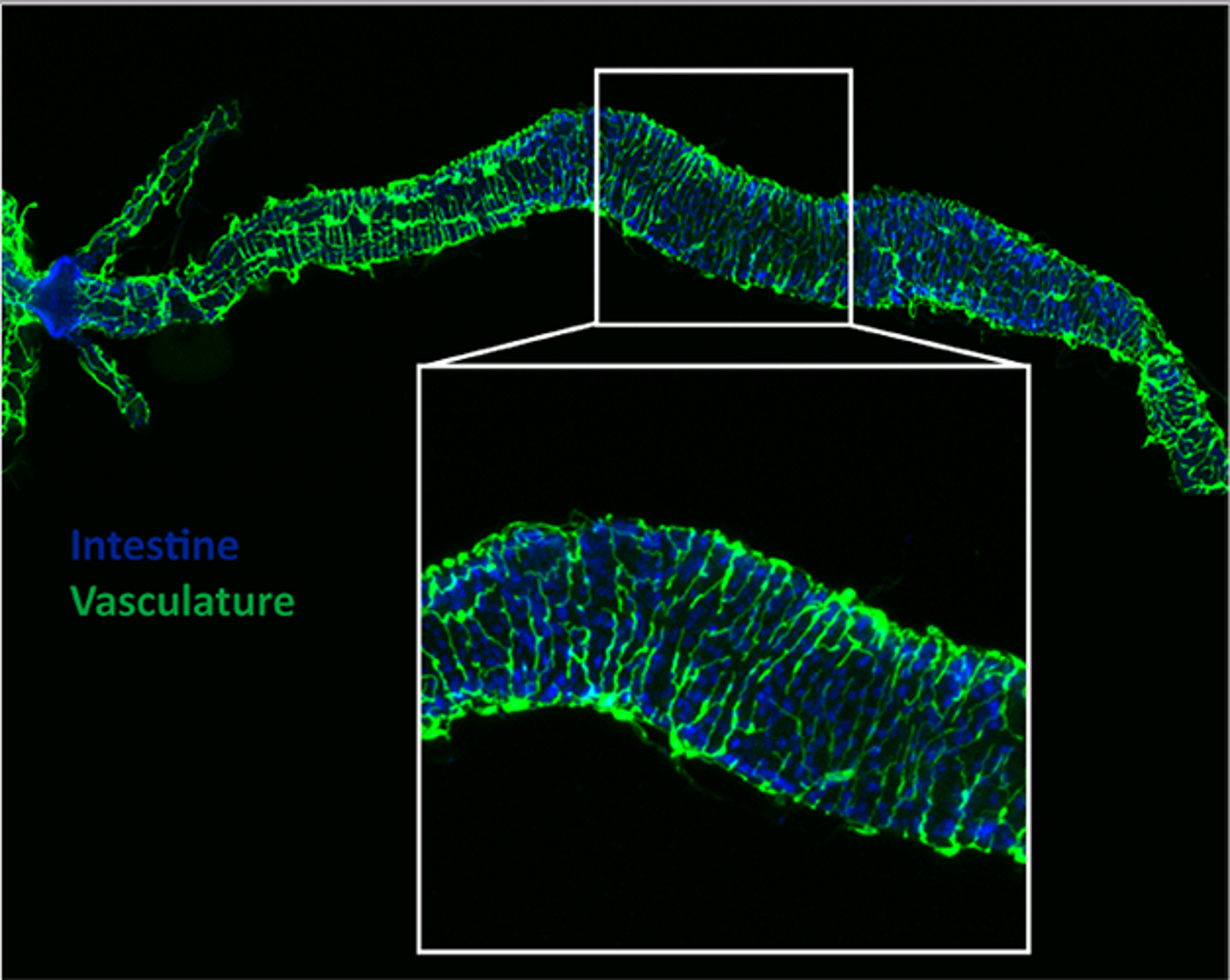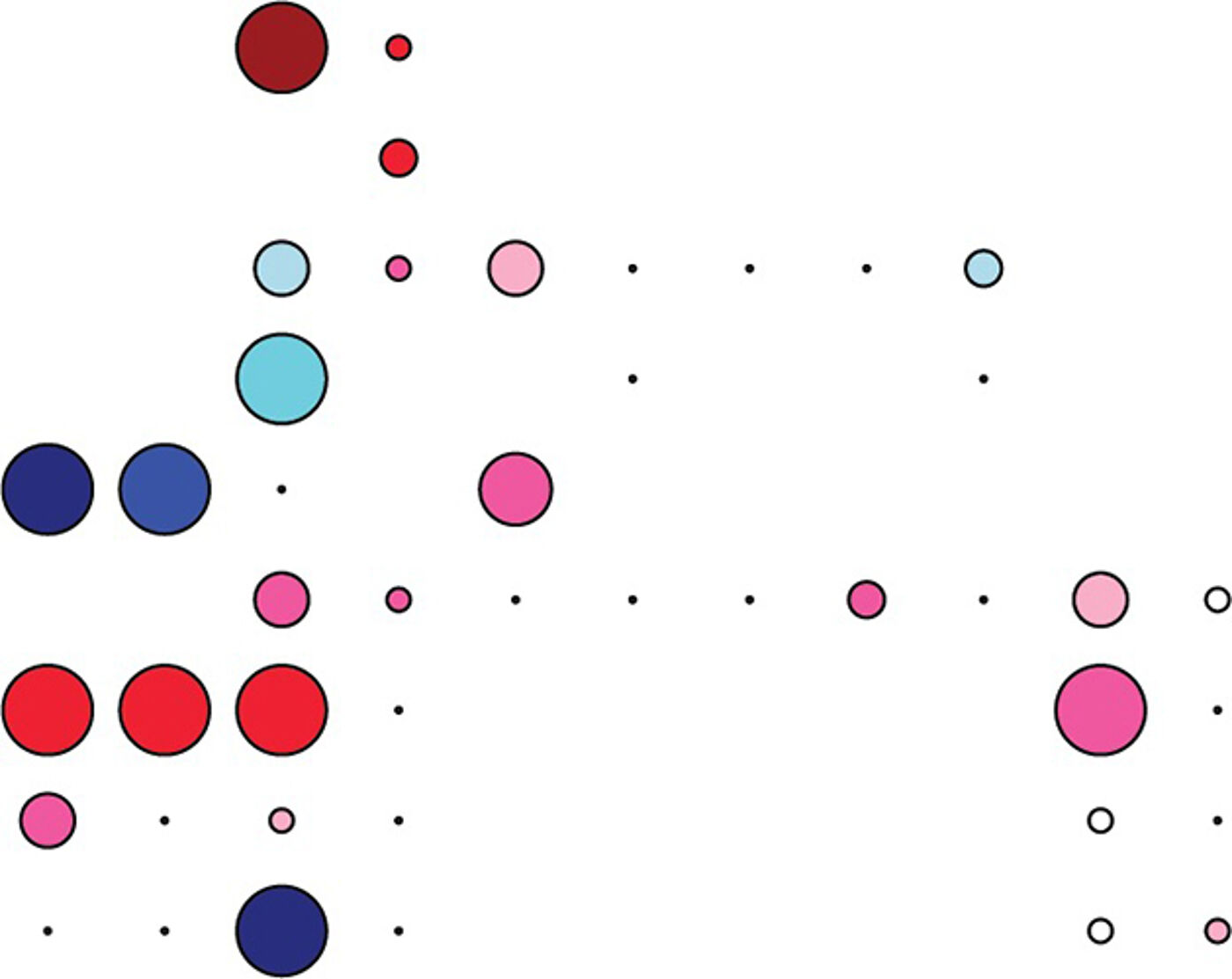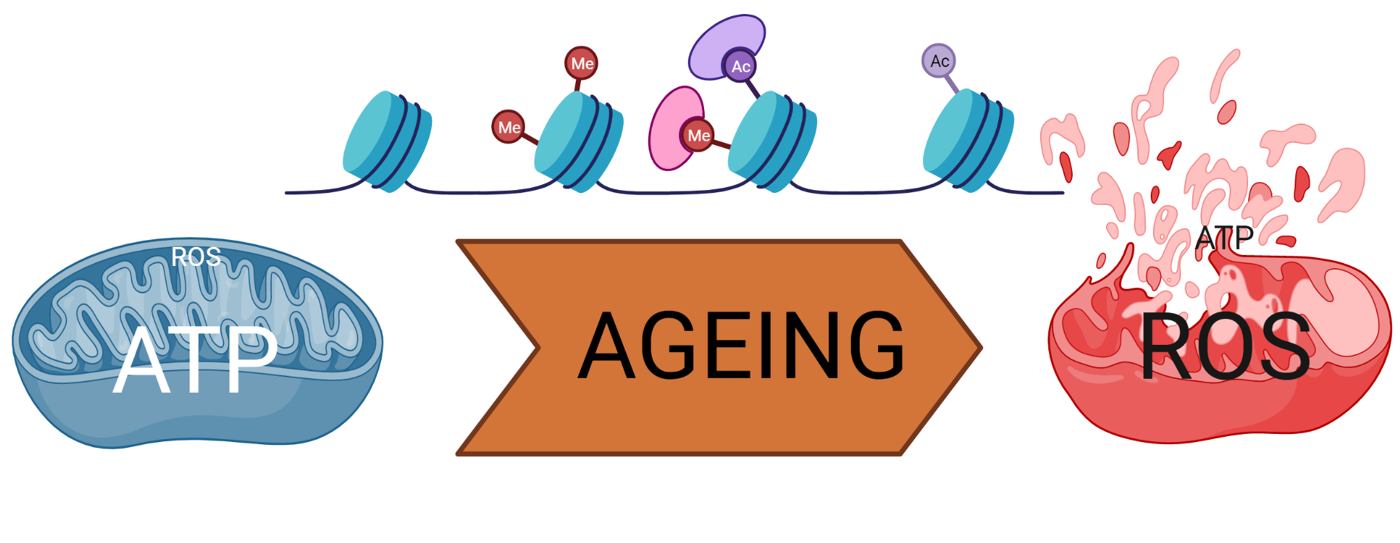We are a collective of researchers at the University of Glasgow who use Drosophila melanogaster. We work in areas including development, cancer, physiology, ageing, metabolism and food security.
Why fly?
Many genes and processes are eveloutionarily conserved: in diverse organisms we find the same genes doing the same things in the same tissues, even after millions of years of evloutionary divergence. This means that undertaking the function of a conserved gene in one organism often gives us a good idea of its function in another organism.
We pursue that understanding in Drosophila. We can manipulate genetics very efficiently and effectively, for example by precisely altering expressions of a specific gene, or tagging a protein to see where it localises, or by deleting parts of the genome. We can then rapidly test effects on outputs like behaviour, survival or tumour formation.
In Glasgow, we use this approach to manipulate and understand processes and functions including ageing, tissue-tissue communication and kidney function, with implications for human disease and bioindistry, as well as understanding biological function.
Research Laboratory Groups
Professor Ross Cagan, Beatson Institute for Cancer Research
Dr Julia Cordero, Institute of Cancer Sciences
Professor Julian Dow & Professor Shireen Davies, Institute of Molecular, Cell & Systems Biology
Dr Adam Dobson, Institute of Molecular, Cell & Systems Biology
Professor Kevin O'Dell, Institute of Molecular, Cell & Systems Biology
Professor Alberto Sanz Montero, Institute of Molecular, Cell & Systems Biology

Cagan Group
About Cagan Group

Cordero Group

Dow & Davies Group
About Dow & Davies Group

Dobson Group
Nutritional systems biology: we are interested in optimising microbiota and diet to promote lifelong health.

About O'Dell Group

Sanz Group
Our laboratory is understanding how mitochondria contribute to the ageing process and the onset of age-related diseases. We aim to develop new therapies to help people live healthier for longer.


